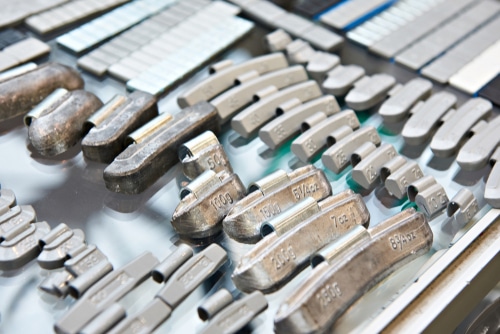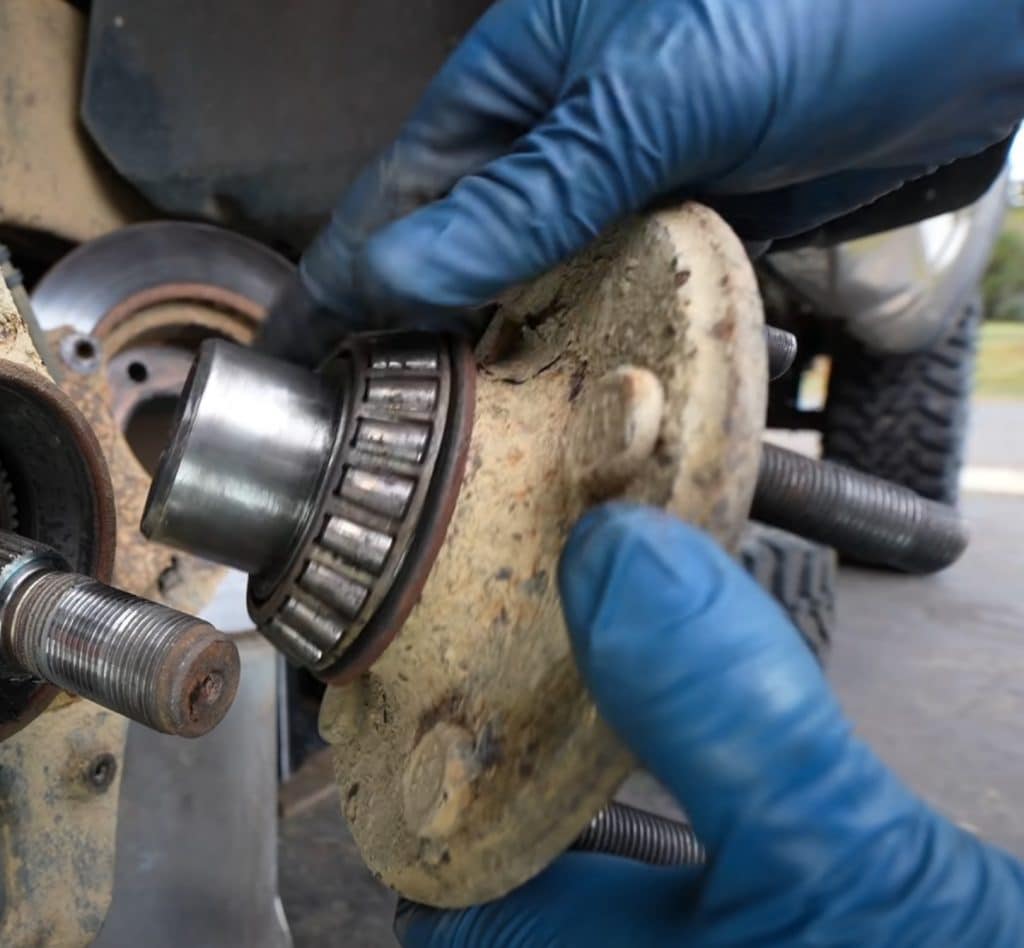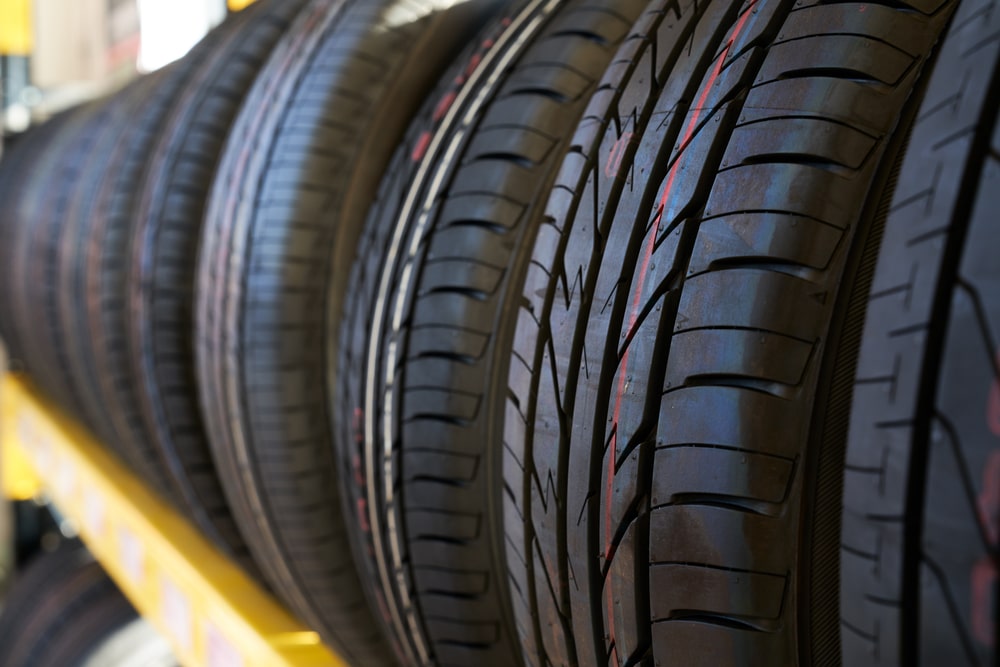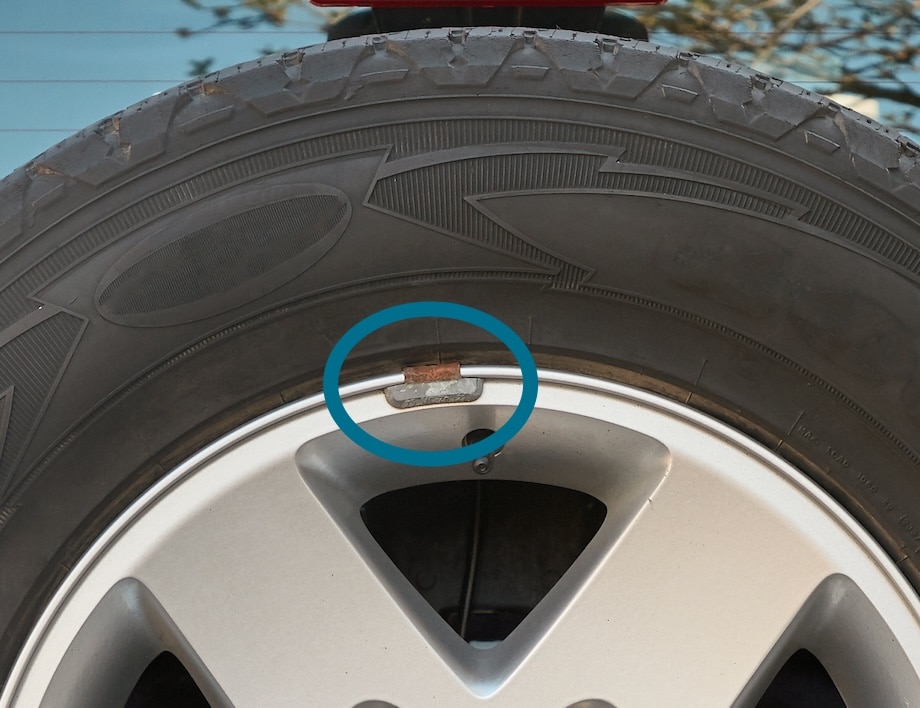
If your Hyundai i30 has a humming noise at high speed, it can be distracting and, depending on the cause, dangerous.
We’ve outlined the most common reasons why a humming noise in your car gets louder with speed. We’ve also provided an audio sample of each issue to help determine what’s causing the hum.

Hyundai i30 Humming at High-Speed: Quick Info
| Likely Causes | Bad wheel bearings, tires, alignment, missing wheel weight(s) |
| Breakdown Risk? | None, but bad suspension components can be dangerous |
| Repair Difficulty | Medium |
| Repair Expense | Varies, usually well under $1000 |
How to Tell the Difference Between a Bad Wheel Bearing and Bad Tire
Bad wheel bearings and bad tires have a similar sound. You can tell them apart in most cases by doing this simple test on your Hyundai i30:
- Drive your car at the slowest speed it takes to reproduce the humming noise.
- Wiggle the steering wheel back and forth. You’re looking to change your i30’s load balance from one side to the other.
- Did the sound change as you moved the wheel? If it did, your car likely has a faulty wheel bearing. If it didn’t change, it’s likely a tire-related problem.
If you suspect a bad wheel bearing, jack your i30 up and free-turn each wheel. If one sounds gritty, that wheel bearing will likely need replacing.
1. Defective Wheel Bearing
A defective wheel bearing is a very common reason your i30 will make a humming noise while driving. Here’s what a bad wheel bearing sounds like:

A bad wheel bearing can cause a humming sound. If your i30 has a worn wheel bearing, the sound will be slightly more high-pitched than a tire issue (you can play that sound below).
You can test all four wheel bearings when the car is stationary. Jack up each wheel and spin it freely. If the wheel sounds “gritty” and is hard to turn, you likely found the humming sound’s cause.
You can also use the method outlined above, where you rock your i30 while it’s moving to see if there is a change in pitch. If there is, you’re usually looking at a worn wheel bearing and not a bad tire.
2. Tire Issues
Here’s the sound of a cupped tire:

If your Hyundai i30 is suffering from uneven tire wear, you should be able to pick up the noise while driving around 30 MPH with it getting louder as you accelerate.
With uneven tire wear, you may also notice:
- Steering wheel vibration
- Jagged tire surface
- Images in mirrors look distorted at high speed
Wheel Out of Balance
If your i30’s wheels are not correctly balanced, it can cause a humming noise when driving.
Tires are balanced with wheel weights when a new tire is installed. Balancing corrects any vibration before the tires go on the vehicle. Take a look behind the wheels. You can usually tell if a wheel weight fell off.

See the wheel weight above? Depending on where they are needed, they can be on the front or back of your i30’s wheels. You’ll likely see the spot where the wheel bearing was.
Cupping
Tires that are “cupped” or “scalloped” have uneven tread wear across the tire. Run your hand along the tread. If it’s cupped badly enough, you’ll feel the unevenness.
The following suspension issues usually cause cupping:
- Bad shocks/struts
- Bad ball/cv joints
- Poor wheel alignment
If you find cupping on the inside tread of your i30’s tire, suspect an issue with the wheel alignment.
If the cupping is on the outside tread, it still could be an alignment issue. But it’s more likely your Hyundai i30 has a suspension problem. Here’s more from Atlantic Motor car on cupping. Or, you can watch the video below. It picks up at the exact point where you can see what cupped tread looks like.
Large Tire Tread
A humming noise is normal if you’ve recently replaced your i30’s tires with an aggressive tread.
Off-road and snow tread tires are notorious for making a loud humming sound.
Other Causes
A bad wheel bearing or suspension issue are the most common causes of humming when driving on the highway in the Hyundai i30. Here are some other things that can cause noise while at speed:
- Brakes– If the brakes have worn past their squealers, they’ll make noise at highway speed. The problem is, the noise is AWFUL. It feels like grinding. It can come and go depending on the wheel’s angle and the vehicle’s speed.
- Power Steering– A bad power steering pump can make a humming sound. The only problem is that it should be heard at any speed. You may only be noticing it while your i30 is moving. Try revving the engine while in Park and seeing if that creates the humming noise.
Conclusion
You can do a few simple tests to figure out what is causing a humming noise while driving at high speed in your Hyundai i30. It’s not a breakdown risk, but you can still end up stranded if the wheel bearing or suspension component causing the hum fails.
